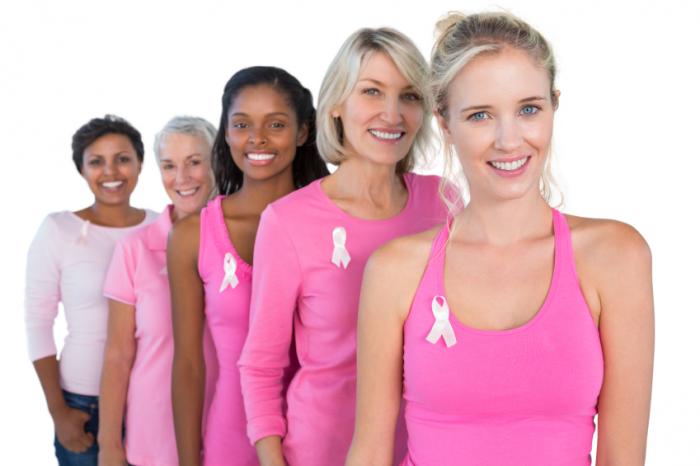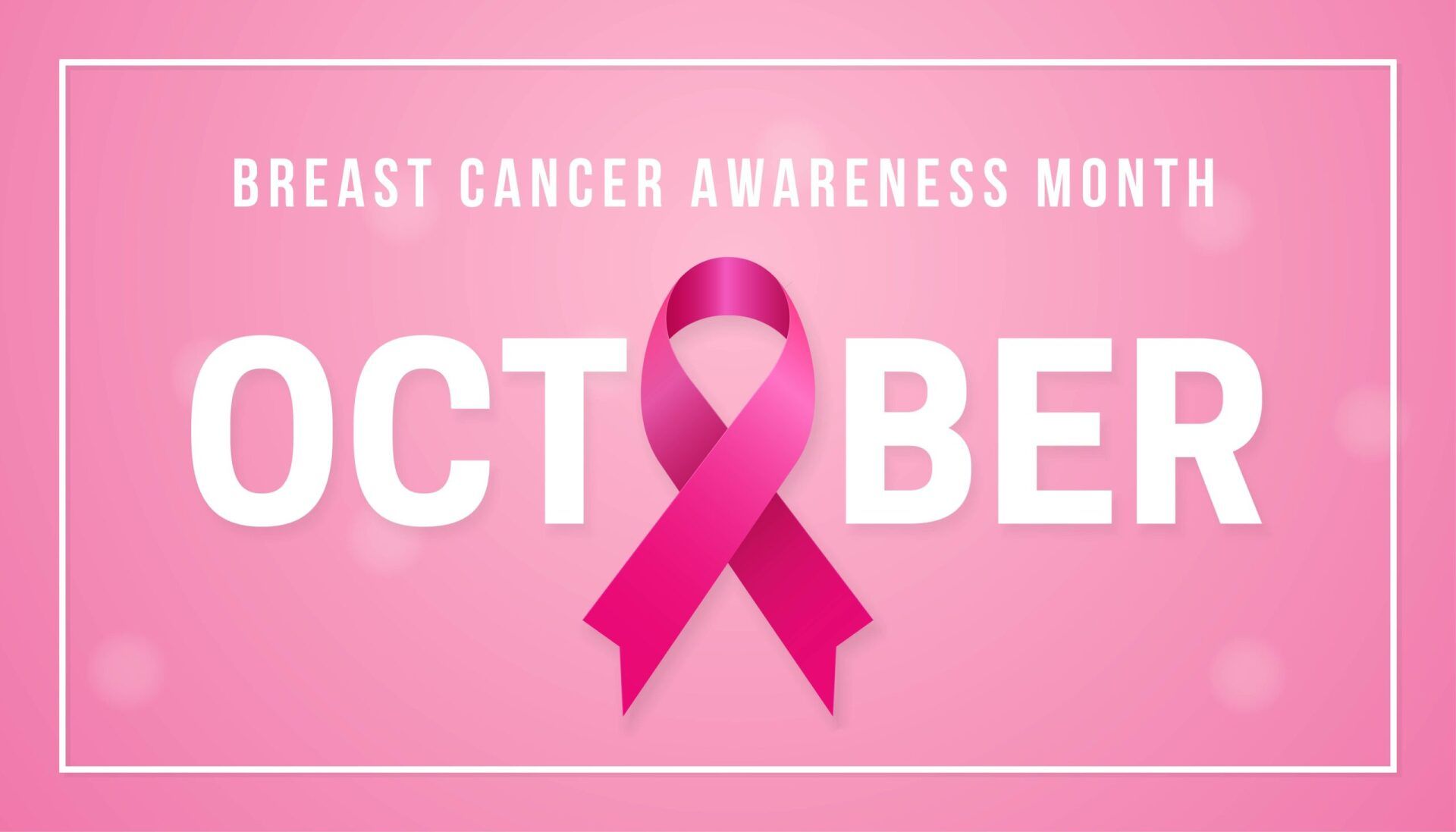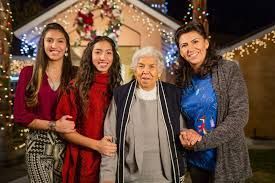Breast Cancer Awareness
Awareness is KEY!

Approximately 13% (about one in eight) of U.S. women will develop invasive breast cancer in the course of their life. In recent years, incidence rates have increased slightly by 0.5% per year. Breast cancer is still one of the leading causes of cancer-related death in U.S. women, second only to lung cancer (breastcancer.org).
The risk of developing breast cancer increases significantly as you age, that’s why it is recommended that women ages forty-five to fifty-four get a mammogram every year and those fifty-five and older can switch to every two if they’re comfortable. The reason breast cancer is more prevalent in senior women is because those over the age of seventy tend to not get their annual mammogram.
This is so important; you need to catch it early! Please have your mammogram. I believe all insurances pay for them, so there is no reason not to get checked for breast cancer.
The best chance of surviving breast cancer is early detection!!
Perform your self-examinations regularly and if you feel any lumps in your breast, please schedule a mammogram.
Signs and symptoms of breast cancer
›Lump in the breast or underarm
›Persistent breast pain
›Nipple discharge
›Any kind of change in the size or shape of your breast
›Irritation of the breast skin
›Redness or thickening of the nipple or skin
›Any kind of skin irritation around the breast area
Breast cancer risk factors
There are some factors that are out of your control, such as family history, race, menstrual period history and breast density. However, some factors are controllable like obesity, alcohol intake and not being physically active.
Know the signs any symptoms, know the risk factors, know how to prevent breast cancer, and know how and where to get screened for breast cancer. As I say is all my blogs, EARLY DETECTION IS KEY!!
If you’d like to help promote breast cancer awareness, here are some ways you can help in the fight.
1. Volunteer at one of the many organizations that promote breast cancer awareness. Relay for Life, American Cancer Society and Making Strides Against Breast Cancer are just a few. The month of October is full of local events hosting breast cancer events, so I’m sure you can find something in your area. The organizations I mentioned above don’t just work in October, they work all year long in the fight against breast cancer, so reach out to them for volunteer opportunities.
2. Wear pink to show your support for breast cancer awareness. It can be anything pink, a ribbon, shirt, shoes, or streak some of your hair pink. It makes no difference how you choose to wear pink, as long as you wear it!
3. Participate in a run or a walk. This is a wonderful way to meet others and learn more about breast cancer and the fact that it affects not only women, but men as well. You will meet those who have beat the battle, those who have been affected by breast cancer and those who are there to show support. If you are unable to walk or run, please consider donating.
4. Help a breast cancer patient. It may be difficult to find someone with breast cancer due to the HIPPA rules, but if you can, it can be so rewarding. Even just offering moral support can go a long way to someone fighting cancer.
5. Create your own fundraiser to promote awareness and raise money for research. How fun would that be? Make it something easy. Have a “pink” bar-b-que where everyone must wear pink and charge $10.00 a plate with all proceeds going to breast cancer awareness. You can even try to find sponsors to donate the food.
October is breast cancer awareness month! Please have your regular mammograms to detect any changes early! Because why? Early detection is key!




